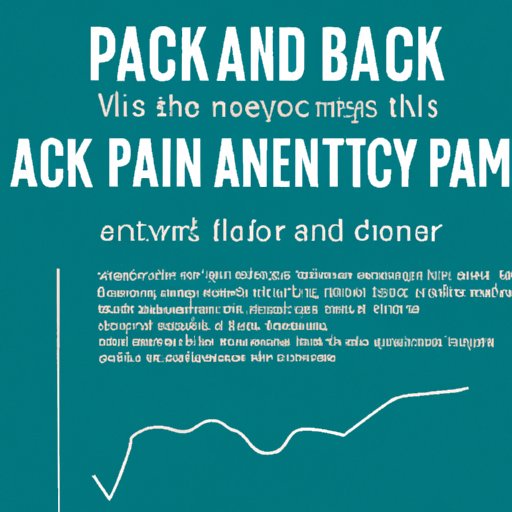Introduction
Panic attacks are a common mental health condition that can be debilitating for those who suffer from them. Many people fear that panic attacks can lead to death, which can make the experience even more overwhelming. It is essential to address the misconceptions surrounding panic attacks and understand the role of anxiety in mortality rates. In this article, we explore the link between panic attacks and death, dispelling myths, and understanding the risks associated with this condition.
The Misconception Surrounding Panic Attacks: Dispelling the Myth of Death
There is a common misconception that panic attacks can lead to death, which can cause people to avoid seeking help for their anxiety. However, the reality is that panic attacks are not fatal. Panic attacks occur when the body’s fight or flight response is triggered, causing a rush of adrenaline. While the symptoms can be overwhelming, they are not dangerous.

Exploring the Link between Panic Attacks and Mortality: What the Data Tells Us
Research has shown that anxiety can take a toll on the body, increasing the risk of developing other health conditions such as heart disease. In one study, people with generalized anxiety disorder were found to have a 40% higher risk of developing heart disease. Another study found a link between panic attacks and an increased risk of stroke. While panic attacks themselves are not fatal, the underlying anxiety and stress can increase the risk of developing other health issues.
When Anxiety Becomes Deadly: Understanding the Rare Cases of Fatal Panic Attacks
While panic attacks are not typically fatal, there have been rare cases where they have led to death. In these cases, the panic attack can trigger a heart attack or other medical emergency. Those who have pre-existing medical conditions, such as heart disease, are at a higher risk of complications from a panic attack. It is essential to understand the risk factors and seek help if you are at risk.
Surviving Panic Attacks: Tips on Coping with the Fear of Dying
The fear of dying from a panic attack can make the experience even more overwhelming. However, there are ways to cope with panic attacks to lessen the fear and reduce symptoms. Deep breathing exercises, meditation, and mindfulness techniques can help calm the body and reduce anxiety. It is essential to seek help from a mental health professional who can provide evidence-based treatments such as cognitive-behavioral therapy (CBT) or medication.
Breaking the Taboo of Panic Attack-Induced Death: A Personal Story and Its Lessons
Personal stories can help break down the taboo surrounding panic attacks and reduce the fear of death. One woman shared her story of experiencing panic attacks that led to her fears of dying. Through therapy and self-care, she learned to manage her anxiety, reduce her fear of death, and live a fulfilling life.
Why Preventing Panic Attacks Goes Beyond Avoiding Death: The Hidden Consequences
Beyond the fear of death, panic attacks can have long-term consequences on mental health and quality of life. Those who suffer from panic attacks may develop agoraphobia, avoiding situations or places that trigger their anxiety. Over time, this can lead to social isolation and depression. Managing panic attacks is essential for improving overall quality of life and preventing long-term consequences.
Managing Panic Attacks for a Better Quality of Life: How to Thrive Despite the Dangers
There are several ways to manage panic attacks and improve the quality of life for those who suffer from them. Developing healthy coping mechanisms, such as exercise and talking to a mental health professional can be helpful. Medications can also be prescribed for some patients. It is important to seek out the help of a qualified professional and to find the treatment that works best for you.
Conclusion
Panic attacks are a common mental health condition that can be overwhelming for those who suffer from them. While panic attacks themselves are not fatal, underlying anxiety and stress can increase the risk of developing other health issues. Breaking down the myths surrounding panic attacks and understanding the link between anxiety and health is crucial to managing this condition. Seeking help from a mental health professional and developing healthy coping mechanisms can help. The fear of dying from a panic attack should not deter anyone from seeking the help they need to live a fulfilling life.
